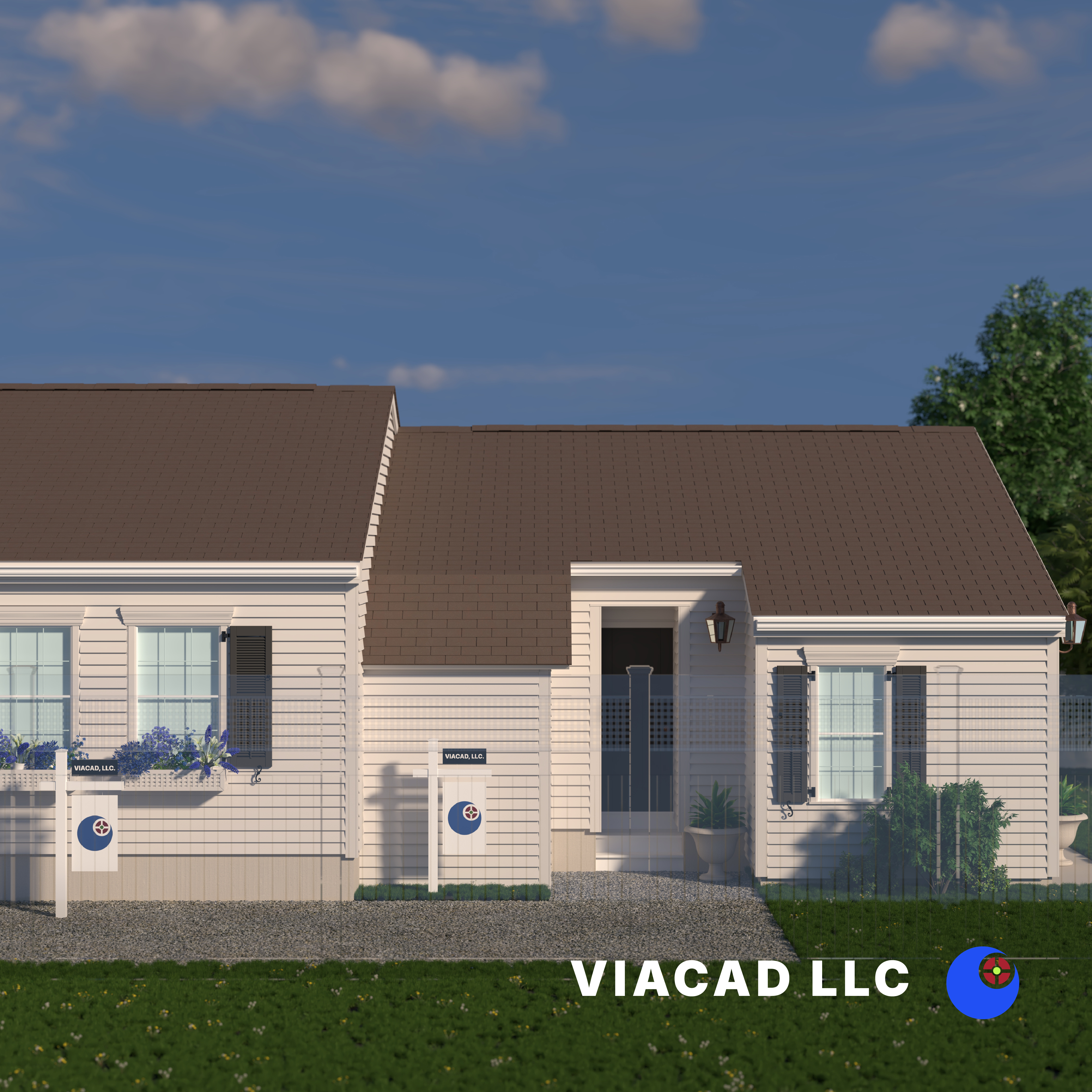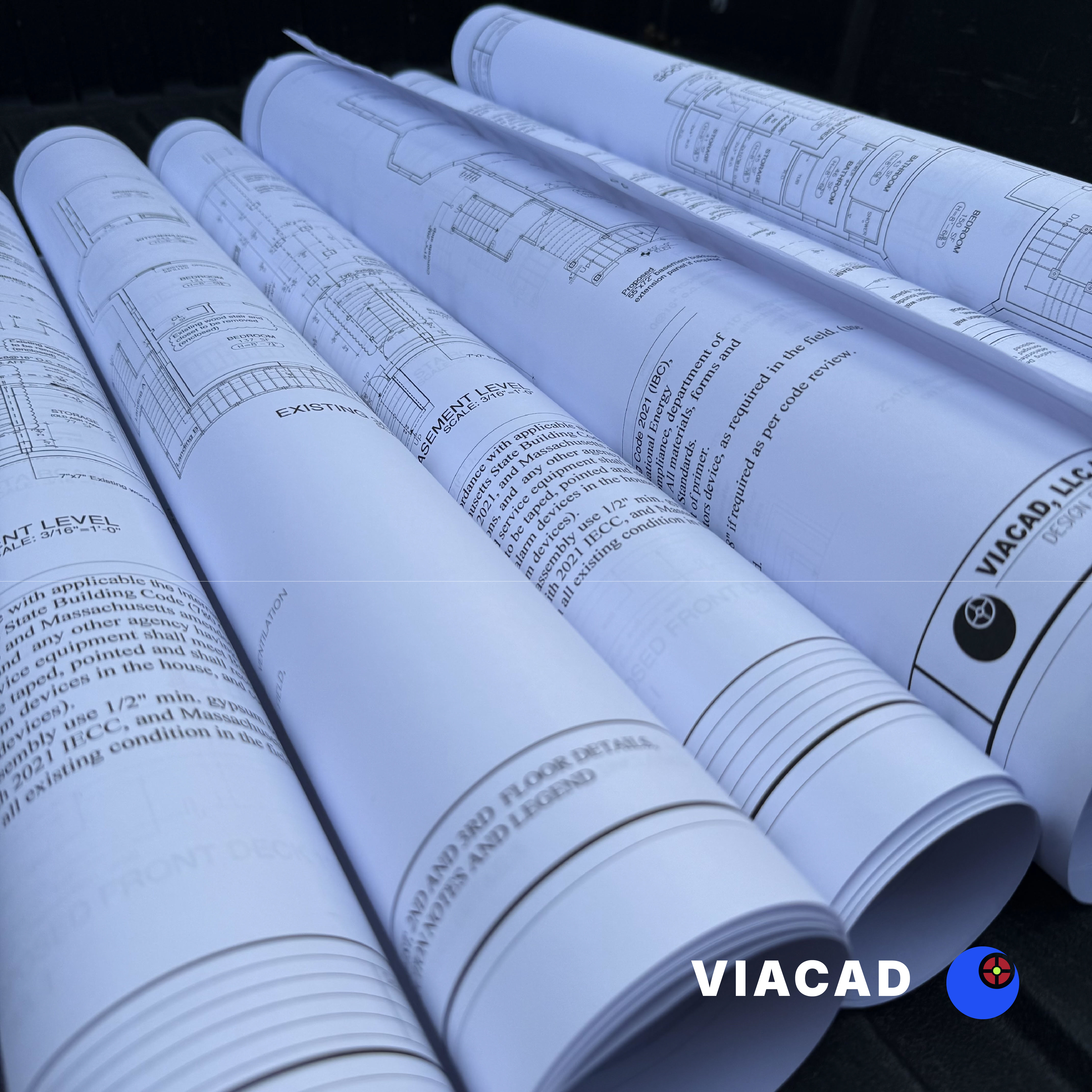
Accessory dwelling units (ADUs) have become an increasingly popular solution to address the housing shortage in many communities, including Auburn, Massachusetts. If you've been wondering what is an accessory dwelling unit in Auburn MA, this article will provide a comprehensive overview of ADUs, their benefits, and how they fit into local housing policies.
An accessory dwelling unit, often referred to as an ADU, is a secondary housing unit located on the same lot as a primary residence. These units are typically smaller than the main house and can take various forms, such as a detached ADU, an in-law suite, or a garage conversion. In Auburn, ADUs offer homeowners a practical solution to increase housing stock without the need for large-scale construction projects.
ADUs are designed to be self-contained dwelling units with their own kitchen, bathroom, and sleeping areas. They can be attached to the primary residence or built as a new structure on the property. The flexibility of ADUs makes them ideal for accommodating extended family members, aging parents, or young adults seeking affordable homes close to family.
The housing shortage in Massachusetts has prompted local governments, including Auburn’s town hall, to explore innovative housing options. Accessory dwelling units provide affordable housing options by creating additional rental units within existing single family zoning districts. This approach helps increase the housing stock without significantly altering neighborhood character.
By building ADUs, homeowners can generate rental income, which can be a valuable source of additional income. This not only benefits property owners but also renters who gain access to affordable homes in desirable locations. The new ADU law in Massachusetts, supported by the Healey Driscoll administration and Lieutenant Governor Kim Driscoll, represents a significant step toward expanding affordable homes across the state.
Understanding the local adu laws is essential for homeowners interested in building ADUs. In Auburn, accessory dwelling units are permitted in single family homes within single family zoning districts, often without the need for special permits. This streamlined process encourages more homeowners to undertake an ADU project.
Owner occupancy requirements typically apply, meaning the homeowner must live in either the primary residence or the accessory dwelling. Utility connections for the ADU are usually tied to the main house, simplifying construction and reducing costs. The law also allows for garage conversions and detached ADUs, offering flexibility depending on the existing space available on the property.

Building accessory dwelling units offers multiple benefits for homeowners and the community. For individual property owners, ADUs provide an opportunity to generate additional income by renting out the unit. This can help offset mortgage payments and increase overall property value.
From a community perspective, ADUs contribute to addressing housing needs by increasing the availability of rental units without requiring expansive new developments. They support multigenerational living arrangements, making it easier for families to care for aging parents or provide housing for young adults starting out on their own.
Moreover, ADUs offer a practical solution for towns like Auburn to meet the goals of the Affordable Homes Act by creating more affordable housing options within existing neighborhoods.
Before diving into construction, one of the most crucial steps in any ADU project is securing detailed design plans. At VIACAD, LLC, we emphasize the value of having clear, professionally prepared blueprints and plans before or after contacting contractors. Many homeowners reach out to contractors first, who then come to us for plans. This approach limits the homeowner’s control over contractor selection and can lead to less competitive bids.
By starting with quality plans from VIACAD, LLC, homeowners can confidently seek multiple bids from contractors, ensuring they find the right fit for their project in terms of price, expertise, and timeline. Good plans are not just for permitting; they allow contractors to price accurately, build correctly, and help avoid costly delays or unexpected change orders during construction.
If you're considering building an ADU in Auburn, it's important to assess the existing space on your property and understand zoning requirements. Whether you plan a garage conversion or a detached accessory dwelling, working with local authorities and adhering to ADU laws will ensure a smooth construction process.
At VIACAD, LLC, we specialize in residential and commercial design plans that make construction simpler, smoother, and more predictable. With over 18 years of experience serving homeowners and contractors in Worcester and Central Massachusetts, we tailor every set of plans to your goals, property conditions, and local codes. This personalized approach helps accelerate approvals and lays the foundation for a successful build.
Consulting with town hall can provide guidance on utility connections, special permits if needed, and any other regulations specific to Auburn. With the new law encouraging ADU construction over the next five years, now is an opportune time to explore how an ADU can enhance your property and contribute to the community’s housing needs.
In summary, an accessory dwelling unit in Auburn MA is a smaller, self-contained dwelling located on the same lot as a primary residence. These units provide a practical and affordable housing solution that can help homeowners generate rental income while addressing the broader housing shortage. Supported by recent ADU laws and initiatives led by the Healey Driscoll administration, building accessory dwelling units is a significant step toward expanding affordable homes and rental units in Massachusetts.
Whether you’re interested in creating an in-law suite, converting a garage, or building a detached ADU, understanding the local regulations and benefits of accessory dwelling units can empower you to make informed decisions about your property and contribute to Auburn’s evolving housing landscape.
Currently accepting projects in Massachusetts.